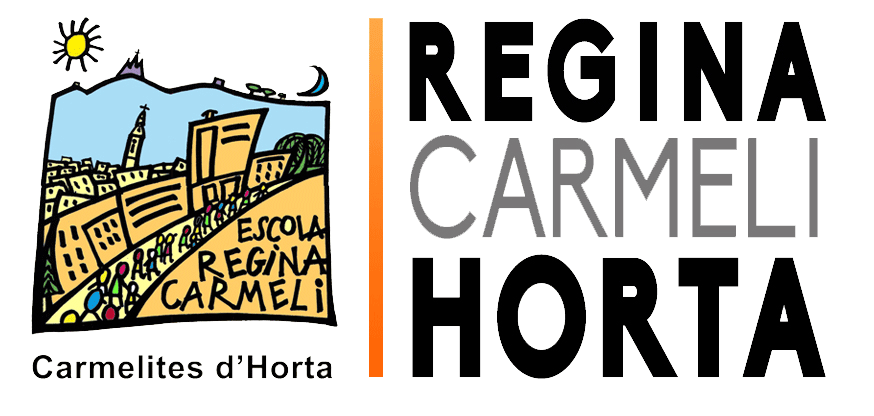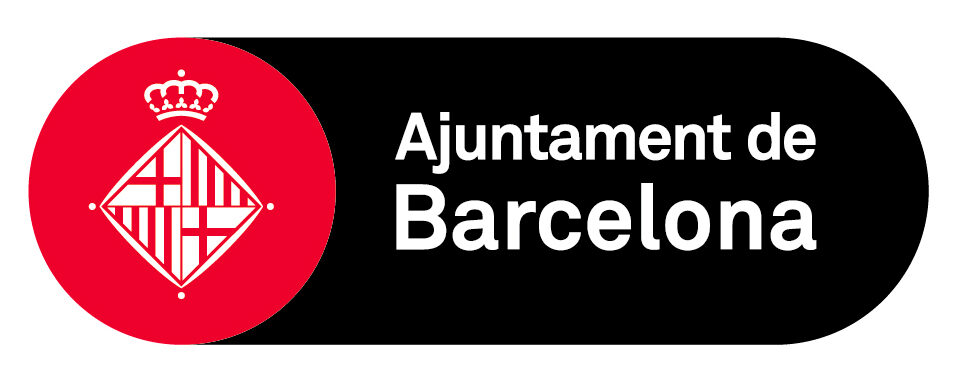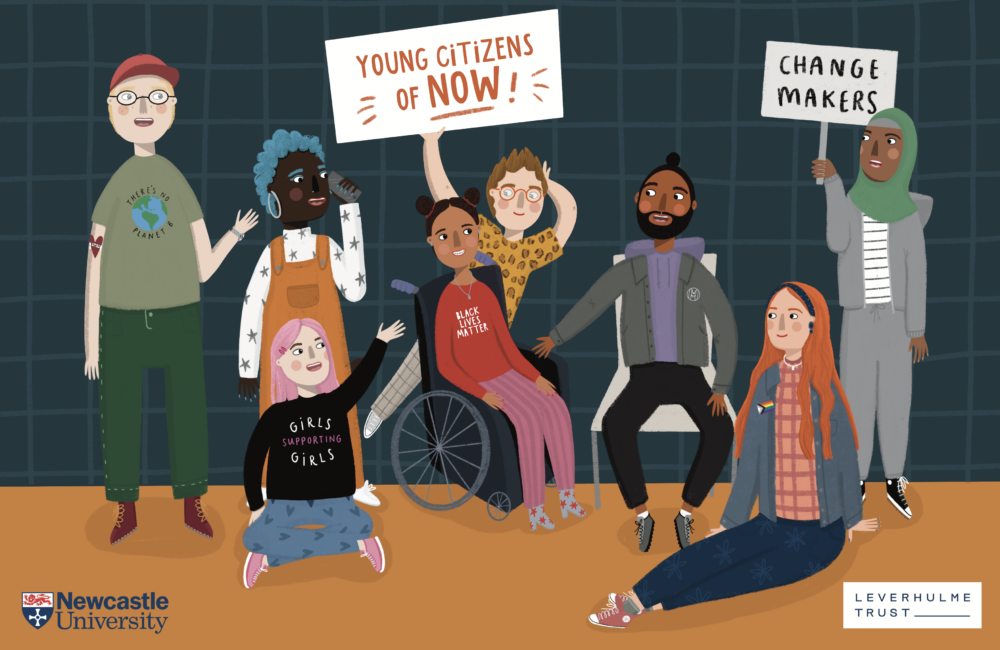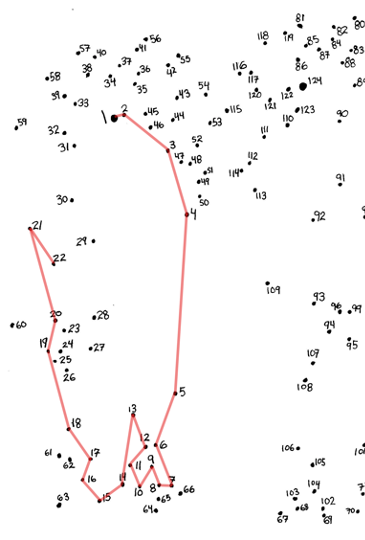
Recommendations
Becoming Relational: Looking beyond GDP – and beyond exam results.
We need to join the dots; to connect economic policies with the type of education theories, policies and practices that can develop the skills, characteristics and knowledge needed for a fairer place.
The examples from the research project: embedding children and young people’s rights to engage in democratic decision making processes in city policy, developing social action makerspaces, happiness lessons and a university of the peripheries all focus on education that has social justice, collaboration and youth agency at the heart of them. But what happens next, when the child or young person leaves that school or project?
The case studies here show that places wanting to develop education policies for alternative, more socially economies could start to join the dots by looking at the types of collaborative relationships and reciprocal learning activities that are developed with children, young people and their communities in their schools, in institutions such as hospitals and universities, in community projects – and through their own range of civic engagement activities.
The Relational Toolkit, developed as a result of this research, as a starting point for children and young people to co-evaluate such activities, can help organisations begin this process.
If you are interested in discussing how the Toolkit could be used in your organisation, please contact: Deborah Ralls
Redefining Education for Inclusive Places & Economies
- Education is key in the evolution of inclusive urban economies, but there is a need for cities to do things differently. The link between education and the development of inclusive urban places goes beyond policy approaches focused on improving and measuring examination results and employment outcomes. High academic achievements alone will not futureproof an inclusive city.
- In order to plan for inclusive future cities and more equitable urban economies based on solidarity and cooperation, urban education policy needs to move beyond a focus on individual academic achievement.
- International thinking in the field of social justice and the economy calls for education “to focus on learning environments and on new approaches to learning for greater justice, social equity and global solidarity” (UNESCO, 2015, p. 3).
- However, this study finds that economic policymakers tend to overlook the fundamental role that pedagogy, curriculum and governance can have in (re)connecting schools, communities and city policymakers in urban cities.
- Policy and research on education and inclusive cities and economies need to ‘join the dots’ between education policy and practice in their city region and the development of the characteristics, relationships, skills and knowledge that enable children and young people not only to have the right to be heard but to be respected and taken seriously by those in power – to be young urban decision-makers.
Citizens of Now: Citizenship doesn’t start at 18
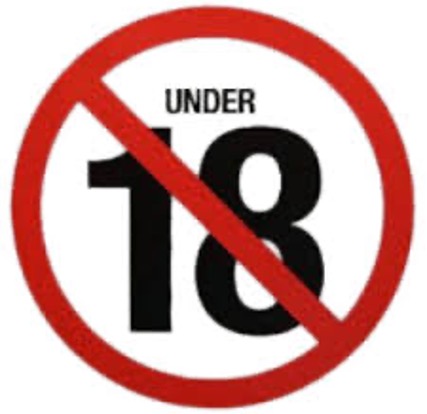
There is a need to connect economic policies with the type of education theories, policies and practices that can develop the skills characteristics and knowledge needed for a fairer place.
We need to join the dots between children and young people’s rights as citizens and education for fairer, more inclusive places and economies, developing place based education and democratic decision making activities with children and young people who are positioned as active, expert citizens of now:
- The UN Rights of the Child states that it is children and young people’s fundamental right to participate in matters that affect them, yet this is often overlooked in decision-making about more inclusive places and economies.
- Active engagement of children and young people in local government mitigates the risks of political, economic & social marginalisation & gives children and young people agency in shaping their lives, societies & economies improves social wellbeing & trust (OECD, 2018) and is particularly important after the global pandemic (OECD, 2022).
- Policymakers need to recognise children and young people’s own actions and their potential to advance innovative developments for an inclusive city (UN, 2020).
- When children and young people are engaged and empowered, societies will be more cohesive and resilient and democracies more vibrant (OECD, 2018).
- Agency & co-agency of children and young people are essential for the future of individual & collective well-being (OECD Learning Compass 2030).
- Redefining education for inclusive places and economy can connect children and young people to the information they need – and the people they need to know – in order to participate in informed democratic decision-making in the place where they live.
- Education for economies that look ‘beyond GDP’ connects communities: Learning spaces = school-community-town-city-beyond!
Becoming Relational: starting with a focus on relationships, rather than interventions

- The study uses relational theory (Holland et al, 1998,Warren et al, 2009) to better understand participant identities and the associated notions of power and positionality that emerge in urban education contexts.
- The research highlights how socio-educational relationships can be constituted to generate ‘relational goods’ (interpersonal trust, emotional support, care and social influence) (Cordelli, 2015) that are required if there is to be a fundamental shift to a more reciprocal relationship between the state, civil society and citizens (Mulgan, 2012) and the development of alternative economic models ‘beyond GDP’.
